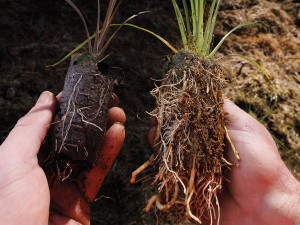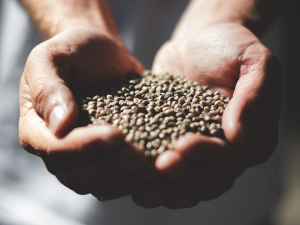It depends how bad it gets before banks take drastic action against deeply indebted dairy farmers.
That's the view of Dr David Tripe, a senior lecturer in banking studies at Massey University, who says banks are probably developing a set of scenarios to set a policy for what they may do as debt in the dairy industry continues to rise.
He says the banks may say that if somebody is in negative equity and negative debt servicing they might have a procedure for selling up depending on how much cash they could recover by doing this. If a bank sells someone up the chances are it will lose money, he says. The sooner it moves the lower the loss.
Tripe says while the banks will weigh up any negative public opinion from foreclosing, ultimately in certain cases they may still go ahead.
"If someone is in a hopeless position and would be better off moving off the land, it doesn't mean [the banks] will be put off doing that. I think they will say 'it's better to get these people off the land and if there is to be a shortfall we'll worry about that when we sell the property'. So they would sell it now and the shortfall might be $50,000, but if they muck around the shortfall might be $200,000."
By getting a new operator onto the farm quickly, banks will get some money back as opposed to losing more, Tripe says. But the banks don't want to own dairy farms and they won't go in with guns blazing to remove people from the land.
One problem banks face in dealing with the present downturn is their lack of 'institutional memory' because most of their people who have dealt with such a crisis have retired.
"The further you get from a crunch, the fewer people will remember it, and the less impact it will have on current behaviour."
Tripe says the present dairy crisis reminds him of the problems the kiwifruit industry went through about 30 years ago when prices fell dramatically.











